The importance of representation in the stoma and medical field
Science and medicine have come a long way and the survival rates for those who have cancer or suffering from IBD have never looked better, although I’m sure everyone would agree that there are still so many unanswered questions. However, there has been a significant barrier that has persisted for far too long – the lack of diversity and representation, particularly from ethnic minority groups, in critical medical research.
The Effects of a Pandemic
It wasn’t that long ago when the world was put under quarantine as we faced a pandemic called Covid-19. Research done by Public Health England stated; that ethnic minority groups are up to three times as likely to test positive compared with their white counterparts. Furthermore, the study highlighted that ethnic minority groups were at greater risk of dying, up to 50% compared to those of white ethnicity. The report states the reason for the mortality rate is due to ‘historical racism and poorer experiences of healthcare’ as well as ‘poorer living conditions’. My father was one of those South Asian men who sadly passed away after contracting the coronavirus.
It is also true that there is a glaring and crucial area that is left unexplored in regions where most ethnic minority groups congregate. My hope is this study will help shine a light on those who are often forgotten by the broader society and help build bridges for those who choose not to come forward and resist inclusion, so I can encourage all parties to come together and move forward and create a better future for us all.
Diversity: A Catalyst for Innovation
Diversity serves as a catalyst for innovation and progress in any field. If you look at the world of sports, you’ll see a large number of players of African descent who have dominated their field of sport, from Michael Jordan, Tiger Woods, and the Williams sisters to Muhammad Ali. They are considered the GOATs (Greatest Of All Time) by many and quite rightly. But they are more than sports stars – they are movements especially Muhammad Ali who fought for those who did not have a voice or at least weren’t being heard. They put themselves out there, among the greater populous and achieved what many thought was unachievable, simply because of the colour of their skin. All of which I take inspiration from each day.
But in the context of medical research, its significance becomes even more pronounced. Different genetic backgrounds, lifestyle factors, and environmental influences among various ethnicities can impact disease prevalence, manifestation, and treatment responses. By excluding ethnic minorities from research studies, we inadvertently limit our understanding of diseases and hinder the development of effective treatments that work for everyone
The Invisibility of Ethnic Minorities with an IBD and Cancer
Inflammatory Bowel Diseases (IBDs) are a global health challenge, that affects individuals of all ethnic backgrounds. However, when it comes to representation in medical research, ethnic minorities are often overlooked. The lack of diversity in clinical trials and research studies means that potential differences in how IBD develops, progresses, and how individuals respond to treatment across different ethnicities are not fully understood. Consequently, treatment options may not be tailored to the specific needs of these communities, resulting in disparities in outcomes.
Take for example the study carried out by Crohn’s and Colitis UK which says “South Asian people with IBD in the UK is extremely limited and rather out of date”. But the story isn’t so one-sided. In fact, it talks about the struggles they had with engagement in the study and found the participants who did take part did their best to conceal their condition because they felt embarrassed. This only leads to their symptoms worsening over time and a generation who don’t talk about their health even to their nearest and dearest will only lead people to disengage further, one that I feel is a significant barrier holding us back and causing significant harm.
And it’s the same when it comes to cancer, as the British Journal of Nursing found when it investigated the inequalities in cancer screening. They found that those from ethnic minority groups were less likely to engage with cancer screening programmes due to a lack of knowledge and awareness, and the stigma associated with taking part in a screening and the possible outcome of the diagnoses.
Breaking Down the Ostomy Taboo
Ostomates, individuals who have undergone ostomy surgery (to create an opening on the body for waste elimination), face unique challenges and adjustments. However, even within the ostomate community, there exists a lack of representation from ethnic minority groups. This underrepresentation can be attributed to various factors, including cultural stigmas and limited access to healthcare resources. By excluding these voices, we miss out on valuable perspectives that could lead to the development of better products, support systems, and awareness campaigns for ostomates from all walks of life. There is no research that I have come across to suggest the products a company has designed are with ethnic minorities in mind.
We’ve all seen make-up artists and fashion houses promote certain products and tones that suit specific skin colours and types. From Boots to Dove, Yeezy to credit cards all focus on minority groups to paint a picture rich in colour and diversity. Stoma bags come in a variety of colours, so it is my belief that it is only a matter of time before we see products tailored to specific skin types.
The Road to Inclusivity
Representation in research is a key component across all fields. Researchers and medical institutions need to actively seek out participants from diverse ethnic backgrounds for clinical trials and studies. Inclusivity should be a priority to ensure that research findings are applicable to all individuals, regardless of their heritage.
Healthcare professionals and researchers should receive training in cultural sensitivity. This enables them to understand the unique challenges and needs of different communities and ensures that healthcare is delivered in a respectful and effective manner. Engaging with ethnic minority communities is essential to build trust, encourage participation, and gain insights into their experiences. Collaboration and open dialogue can lead to innovative solutions that consider cultural nuances.
Within ostomate communities, raising awareness about the condition and breaking down stigmas is crucial. Creating safe spaces for discussions and sharing personal stories can help people from all backgrounds feel included and supported.
Diversity is not just a buzzword, it’s a cornerstone of progress and equity. In the fields of cancer research and among ostomate communities, embracing diversity can unlock a wealth of insights, ideas, and solutions that have the potential to transform lives. By actively addressing the lack of representation from ethnic minority groups, we pave the way for a future where healthcare is truly inclusive and accessible to all, regardless of their background. But complaining about it is useless without putting ourselves forward and engaging with those trying to seek answers. I put myself out there and I’ve had the privilege to work with charities and companies all of which want to help and understand my challenges. This blog is the reason why I choose to break the norm and collaborate with Respond Healthcare because it’s time to bridge the gap, unite voices, and work together towards a healthier and more equitable world.
______________________________________________________________________
References:
https://www.britishjournalofnursing.com/content/product-focus/not-a-bag-for-life-a-bag-for-living/
https://post.parliament.uk/impact-of-covid-19-on-different-ethnic-minority-groups/

